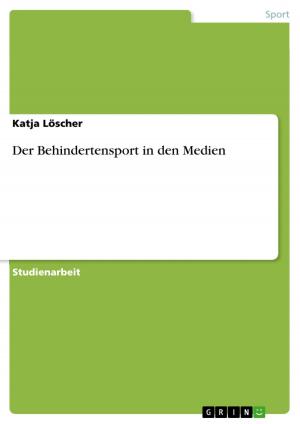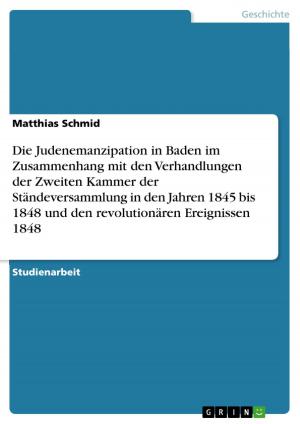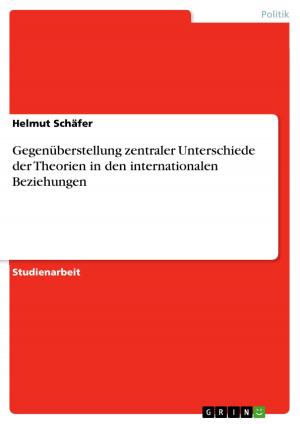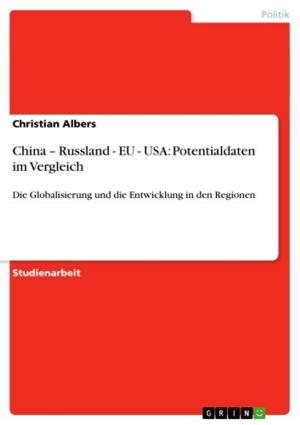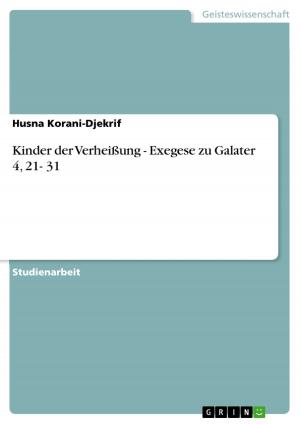Analyzing the takeover of CONTINENTAL by the SCHAEFFLER GROUP from a strategic management point of view
Strategic analysis of a takeover in the automotive industry
Business & Finance, Management & Leadership, Management| Author: | Swen Beyer | ISBN: | 9783640649884 |
| Publisher: | GRIN Verlag | Publication: | June 24, 2010 |
| Imprint: | GRIN Verlag | Language: | English |
| Author: | Swen Beyer |
| ISBN: | 9783640649884 |
| Publisher: | GRIN Verlag |
| Publication: | June 24, 2010 |
| Imprint: | GRIN Verlag |
| Language: | English |
Seminar paper from the year 2010 in the subject Business economics - Business Management, Corporate Governance, grade: 1,0, European School of Business Reutlingen (Business Administration), course: Lecture, language: English, abstract: On August 21, 2008 Continental accepted Schaeffler´s offer to become a majority shareholder of their company. Both companies signed an investment agreement, including the criteria that Schaeffler is not allowed to hold more than 49.9% of the total shares until 2012. Because of the lucrative offer to the former shareholders of Continental, they have tendered a total of 82.41% to Schaeffler that led to a total holding of approximately 90%. Therefore Schaeffler had to hand over 40% of those shares to banks. Since then, both companies are fighting the credit crunch, rising raw material prices and the financial/ automotive crisis with sharply decreased sales volumes. Currently both suppliers are working together on the first major strategic project, in order to make use of synergies including costs, knowledge and distribution. If Schaeffler will keep all of Continentals 'exotic' business units like 'tires' it will become an interesting strategic issue as soon as the management can make those fundamental decisions.
Seminar paper from the year 2010 in the subject Business economics - Business Management, Corporate Governance, grade: 1,0, European School of Business Reutlingen (Business Administration), course: Lecture, language: English, abstract: On August 21, 2008 Continental accepted Schaeffler´s offer to become a majority shareholder of their company. Both companies signed an investment agreement, including the criteria that Schaeffler is not allowed to hold more than 49.9% of the total shares until 2012. Because of the lucrative offer to the former shareholders of Continental, they have tendered a total of 82.41% to Schaeffler that led to a total holding of approximately 90%. Therefore Schaeffler had to hand over 40% of those shares to banks. Since then, both companies are fighting the credit crunch, rising raw material prices and the financial/ automotive crisis with sharply decreased sales volumes. Currently both suppliers are working together on the first major strategic project, in order to make use of synergies including costs, knowledge and distribution. If Schaeffler will keep all of Continentals 'exotic' business units like 'tires' it will become an interesting strategic issue as soon as the management can make those fundamental decisions.



